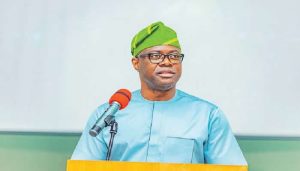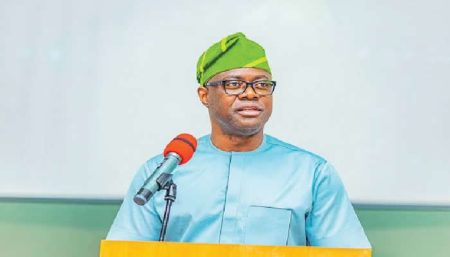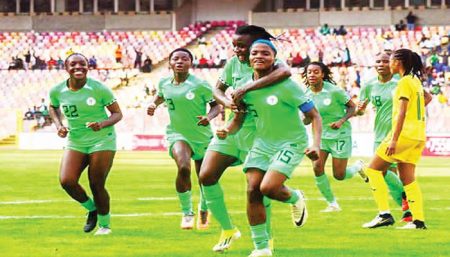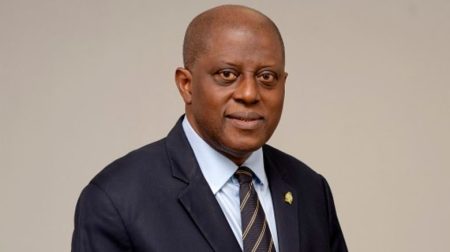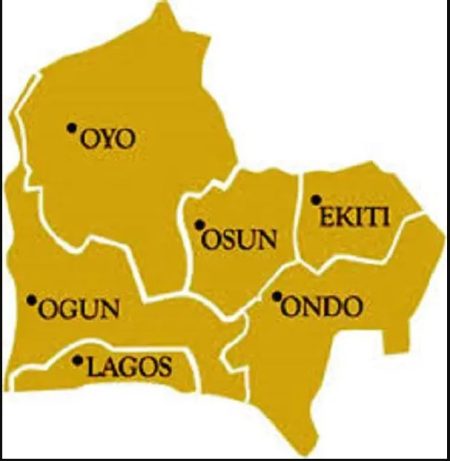Rotimi Amaechi, former Minister of Transportation, delivered a scathing critique of the Nigerian populace, accusing citizens of apathy and docility in the face of mounting economic hardship and political stagnation. Speaking at the public launch of the 2025 Nigeria Social Cohesion Survey by the Africa Polling Institute in Abuja, Amaechi argued that Nigerians have become too passive, allowing a small cadre of elites to dominate the country’s resources and political landscape. He lamented the apparent helplessness of the citizenry, contrasting the vast numbers of ordinary Nigerians with the relatively small number of elites who, he claims, are responsible for the country’s woes. Amaechi asserted that a mere 100,000 individuals are pilfering the nation’s wealth while 200 million Nigerians remain silent, resorting to grumbling and complaining within the confines of their homes instead of taking decisive action. He called for a radical shift in the mindset and actions of Nigerians, emphasizing the need for active participation in shaping the nation’s destiny. He even went so far as to suggest that a “revolution without blood is a failure,” implying drastic measures might be necessary to effect meaningful change.
Amaechi further contended that the current administration, led by President Bola Tinubu, is likely to retain power in the 2027 elections unless a significant wave of popular resistance emerges. He framed the upcoming electoral contest as a battle between the Nigerian people and the “bandits,” suggesting that only a massive mobilization of the populace can prevent a continuation of the status quo. His remarks painted a bleak picture of the Nigerian political landscape, implying a deep-seated disillusionment with the current trajectory of the nation. Amaechi’s declaration of his resignation from the ruling All Progressives Congress (APC) further underscores his disenchantment with the political establishment. He distanced himself from the party’s activities, stating he had instructed them not to invite him to any further meetings. This public break with the APC signifies a significant political development, potentially signaling a realignment of forces in the lead-up to the 2027 elections.
Highlighting the deteriorating economic conditions, Amaechi pointed to the significant devaluation of the Naira against the dollar, soaring inflation, and widespread hunger as evidence of the current administration’s failings. He drew a stark comparison with the previous administration of Muhammadu Buhari, claiming that the economic situation was more favorable under Buhari’s leadership. This unexpected endorsement of the former president, particularly given the widespread criticism Buhari faced during his tenure, underscores the depth of Amaechi’s concerns about the current state of affairs. He argued that the focus of the current government appears to be on consolidating power rather than addressing the urgent needs of the citizenry. This accusation of misplaced priorities further reinforces his critique of the political leadership and their perceived disconnect from the struggles of ordinary Nigerians. He explicitly stated that any government that disregards the welfare of its people is not worthy of its position.
Amaechi also expressed his disappointment with the perceived weakening of civil society organizations, particularly labor unions and student bodies. He lamented the apparent inability of these groups to effectively mobilize and challenge the government, attributing this weakness to ethnic divisions. He recalled a time when organizations like the Academic Staff Union of Universities (ASUU), the Nigeria Labour Congress (NLC), and the National Association of Nigerian Students (NANS) could effectively shut down the government through coordinated protests. The current inability of these groups to exert similar pressure, according to Amaechi, is a symptom of the fragmentation and disunity that plagues the nation. This observation highlights the erosion of the power of civil society, a critical component of a healthy democracy.
Drawing on his experience as the former governor of Rivers State, Amaechi linked rising crime rates to economic decline. He posited that increases in robbery and kidnapping are indicative of a shrinking economy and a lack of money in circulation. Conversely, he argued that when people have money to spend, crime rates tend to decrease. This observation underscores the interconnectedness of economic well-being and security, highlighting the potential for social unrest when economic hardship becomes widespread. Amaechi’s analysis suggests that the current economic challenges facing Nigeria could exacerbate existing security concerns, potentially leading to further instability.
Finally, Amaechi revealed a personal anecdote, sharing that he had contemplated leaving the country – a phenomenon often referred to as “Japa” – due to the prevailing circumstances. However, he ultimately decided to stay, persuaded by his wife’s belief that Nigeria remains a worthwhile place to live. This personal touch adds a layer of complexity to his critique, revealing the personal toll that the nation’s challenges take on individuals, even those who have held high political office. Despite his harsh criticisms, Amaechi’s decision to remain in Nigeria suggests a lingering hope for the country’s future and a commitment to contributing to its improvement. His comments, taken as a whole, represent a powerful indictment of the current state of Nigerian politics and society, urging citizens to take a more active role in shaping their future.



